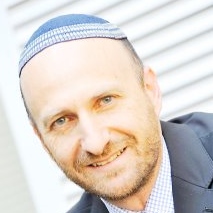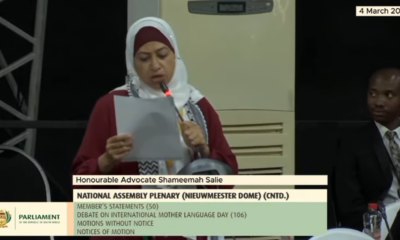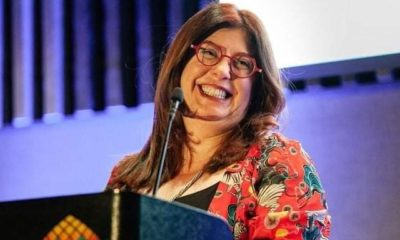
Voices

Confused about COVID-19? Let us know
Ever since coping with COVID-19 became part of our daily reality, it has been routine to conclude one’s correspondence by wishing the other person good health and urging him or her to “stay safe”. But how, practically speaking, can that be achieved? It’s hard enough to navigate past the mountains of misinformation spawned by the pandemic, but even when the available data and guidelines come from a reliable source, it’s not always clear what to do about it. We’re so bombarded with information that it’s difficult to digest it and fully understand the implications for our country, our community, and ourselves.
Mindful of these pitfalls, the South African Jewish Board of Deputies (SAJBD) has introduced a COVID-19 Q&A series aimed at exposing our community to experts able to offer the latest in information and explain the impact on our lives. To make this process as relevant and helpful as possible, we are asking community members to send us whatever questions they may have. Depending on the nature of your questions, we will identify the best medical, mental health, business, educational, or other experts, and ask them to provide relevant information and insights.
To assist us in ensuring that our COVID-19 Q&A responds directly to your concerns, please go to https://www.facebook.com/SAJBD or email us on sajbd@sajbd.org. There are certainly many critical challenges ahead, but when armed with information and by standing together and supporting one another, we can best deal with these issues.
The vital importance of basing our everyday conduct on the most reliable medical information available is underlined by the exceedingly harmful consequences of people choosing to ignore those directives. Regrettably, we have seen such irresponsible behaviour within our own ranks.
In a letter published in last week’s issue of this paper, I strongly condemned the actions of those within our community who have persisted in holding shul services under COVID-19, thereby flying in the face of globally accepted medical advice and flouting the laws of the country and the directive of the chief rabbi’s office. No-one denies the importance of davening in a minyan, nor the distress caused by being unable to do so, but the overriding principle of pikuach nefesh (saving life) makes this a necessary sacrifice. Those electing to do otherwise are endangering all those they come into contact with at a time when levels of infection and death in our community and country remain disturbingly high.
I appeal to all community members to remember that their actions can have serious, mortal consequences, not just for themselves but those around them, and that they have a moral, legal, and indeed religious responsibility to adapt their behaviour accordingly.
- Listen to Charisse Zeifert on Jewish Board Talk, 101.9 ChaiFM every Friday, from 12:00 to 13:00.










